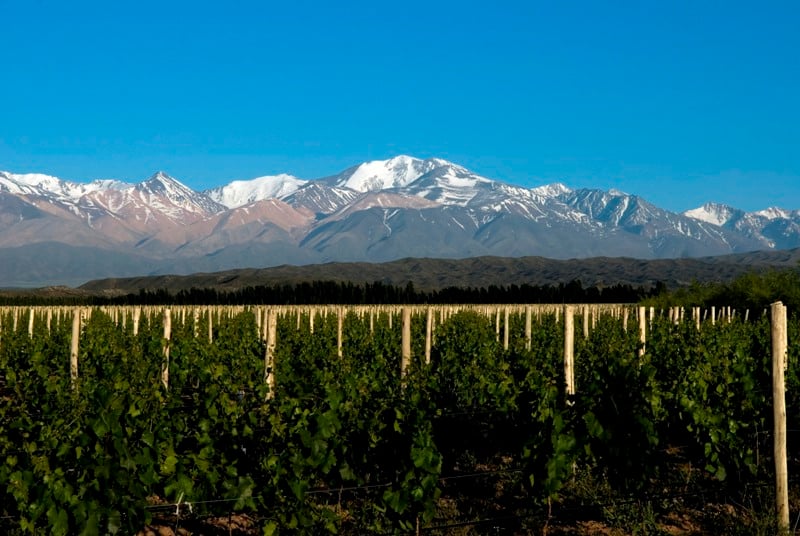It is well known that, in the Old World, climatic influences can determine whether a vintage is...
What are we talking about when we talk about terroir?
In the past few years, wine communication has been using the word terroir to explain the style or type of wine they want to communicate.
This word could indicate that we are talking about a plot of land within a vineyard, but a terroir is much more than that, it is a strategic geographical place. It is the combination of natural factors such as soil, climate, thermal amplitude, altitude and of course the winemaker's imprint, who will take advantage of all these characteristics.
Therefore, we will consider terroir to be the singular combination of natural factors that a particular vineyard has, added to the importance of man's work, which ends up giving a unique and exceptional wine.
Some of the 5 most important terroirs in the world are:
- Priorat in Spain,
- Uco Valley in Argentina,
- Montalcino in Italy,
- Bordeaux in France,
- Napa Valley in the United States.


%2011.07.09.png?width=1200&length=1200&name=Captura%20de%20pantalla%202023-09-28%20a%20la(s)%2011.07.09.png)


At the begining of times, the terroir was the main argument to delimit certain areas and give them the legal framework of "appellation of origin" and give protection to the products produced in them. Therefore, a wine with terroir must have the typicity of the appellation of origin and the original features of the specific and perfectly delimited plot from which it comes, but what is an Appellation of Origin?
Denomination of Origin (D.O.) is a term used to designate the quality and authenticity of products that come from a specific place and meet a series of established requirements. This means that products with an appellation of origin have a direct connection with their place of origin and with the characteristics that define that region.
The existence of D.O.'s also plays a fundamental role in protecting the culture and heritage of a region. Their regulations help to protect traditional production practices and techniques, as well as indigenous grape varieties, which contributes to the preservation of biological and cultural diversity.
Appellations of origin are like the DNA of a product, giving it a unique and distinctive identity.
.jpg?width=100&height=109&name=Oria_logo_black%20(1).jpg)




%2011.45.34.png?width=50&name=Captura%20de%20pantalla%202023-10-31%20a%20la(s)%2011.45.34.png)